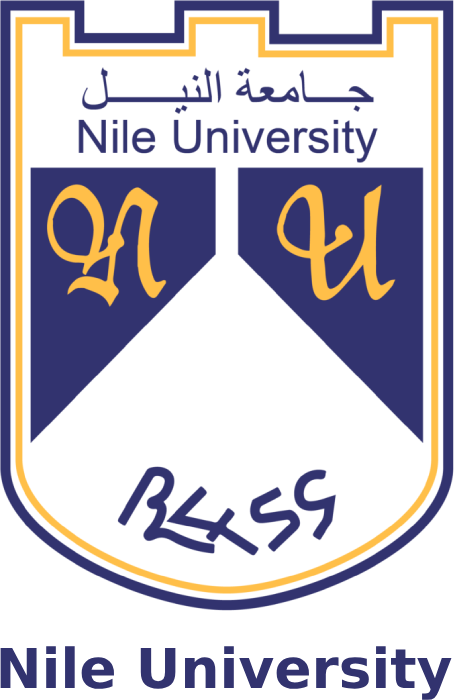
Introduction
This book has been conceived for the free minds of young men and women who believe that politicians up to now have not put “SUDAN FIRST”.
Wars have been known to strengthen nations and to create a sense of solidarity they lacked before the conflict. Currently (early 2024) we still do not know, or even guess, what this war is going to boil down to.
After more than sixty years of independence the Sudan is still one of the countries labelled as least developed. It is amazing that brilliant social and political analysts are very good at analysis of the situation. They warn of all sorts of dangers and consequences in detail. Some of these predictions have indeed come true. But it is also amazing that very few talk of the lack of vision or of concrete ideas or feasible approaches for the chronic problems and urgent issues. Much has been written and many intellectuals have spent a lifetime trying to contribute to the way forward; but many others are intent on pushing back.
What the country needs is a unifying vision whereby every citizen sees his/her needs and dreams being clearly attended to by people dedicated to serve not dedicated to rule or to further their own or their masters’ goals.
The articles in this book will attempt to describe logical frameworks, point out principles; and hopefully outline new ideas and guidelines for policies and programs that may be useful for young leaders and politicians. They are the people on whose shoulders the Sudan shall rise from the ashes to attain the position it deserves “among nations”.
The Sudan is the second largest country in Africa. It was the largest before the secession of South Sudan. Independence came suddenly due to political factors that precluded unity with Egypt in what would have become the Union of the Nile Valley.
The seeds of Sudan’s governments’ instability were sawn less than two years after independence in 1958, when a military takeover of the elected government came as a surprise for everyone. This historic event by itself shows the immaturity of the leaders at that juncture. This coop was, unbelievably, invited by one of the political parties. They did not comprehend the gravity of the mistake of destroying the newborn democracy. It set a precedent that encouraged others to penetrate the army to have a military coop whenever the democratic system did not work for them. And this was exactly what happened when several socialist parties took over in 1969 and when the Islamists took over in 1989 after brief periods of elected parliaments.
Therefore, the claim that the Army did not give the political parties a chance to establish democratic rule, is a big lie.
The situation was confounded by strong social forces: namely ethnic and cultural divisive factors. Local government was largely left to tribal chieftains with limited but important judicial authority. This cemented their influence in the future political scene. The colonial government did its best to keep the traditional loyalties, and the cultural and economic practices of the tribal system as undisturbed as possible; and so, did the traditional parties afterwards.
During the sixty years since independence the population of the Sudan has grown from 11 to 40 million; and may be much more. How much of this is due to natural population growth and how much to migration from neighbouring countries is anybody’s guess. The Sudan remained as one of the least developed countries.
Developing is a polite term. These terms are used out of politeness or diplomacy aimed at fostering good relations between these countries and their previous colonial powers. The real terms are underdeveloped, backward and primitive in various aspects of life.
The economies of most developing countries are plagued by instability of political systems, lack of a wholistic vision, a fragmented social structure dominated by tribal affiliations, corruption, and foreign interference.
The parameters used for description of the state or degree of development of a country are mainly related to their economy, degree of industrialisation, education, and political stability. Perhaps one might shyly add literary and art production. All these are well conceived measurable criteria.
However, the most important obstacle in developing countries is political instability, especially when the colonial powers have left the colonised territories in a state of poverty in all the above parameters.
The recent GOLD RUSH in Sudan gave new hope; but it also rekindled conflicts and all sorts of internal and external greed. Under a wise and capable administration, the GOLD RESERVES could have formed the basis for national unity and unlimited sharing of development.
Unfortunately, this opportunity was hijacked by a mob of self-centred groups and organisations. And maybe it was the last straw in the long chain of downhill decent fired by greed and foreign opportunists, who do not care what happens to the people or country.
This series of articles aim at formulating a vision for development; not only pointing in the direction of the specifics of development, but also discussing the guiding ethics and principles of reform addressing the essentials of political and social norms.
M Y Sukkar,
MB BS Khartoum,
Ph D Edinburgh.
